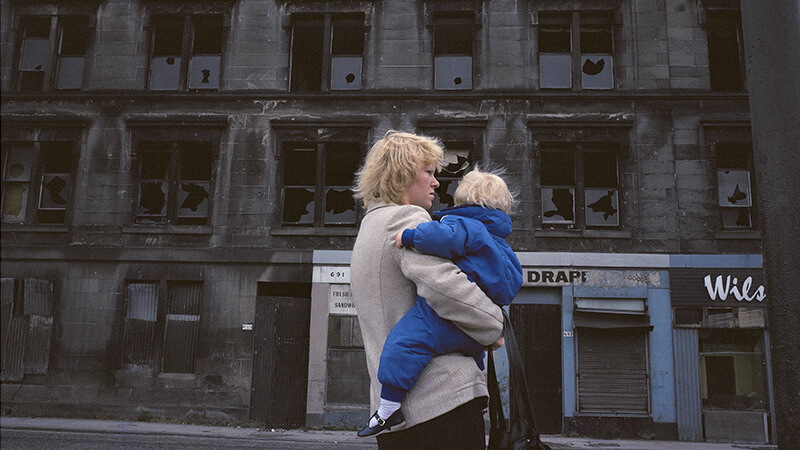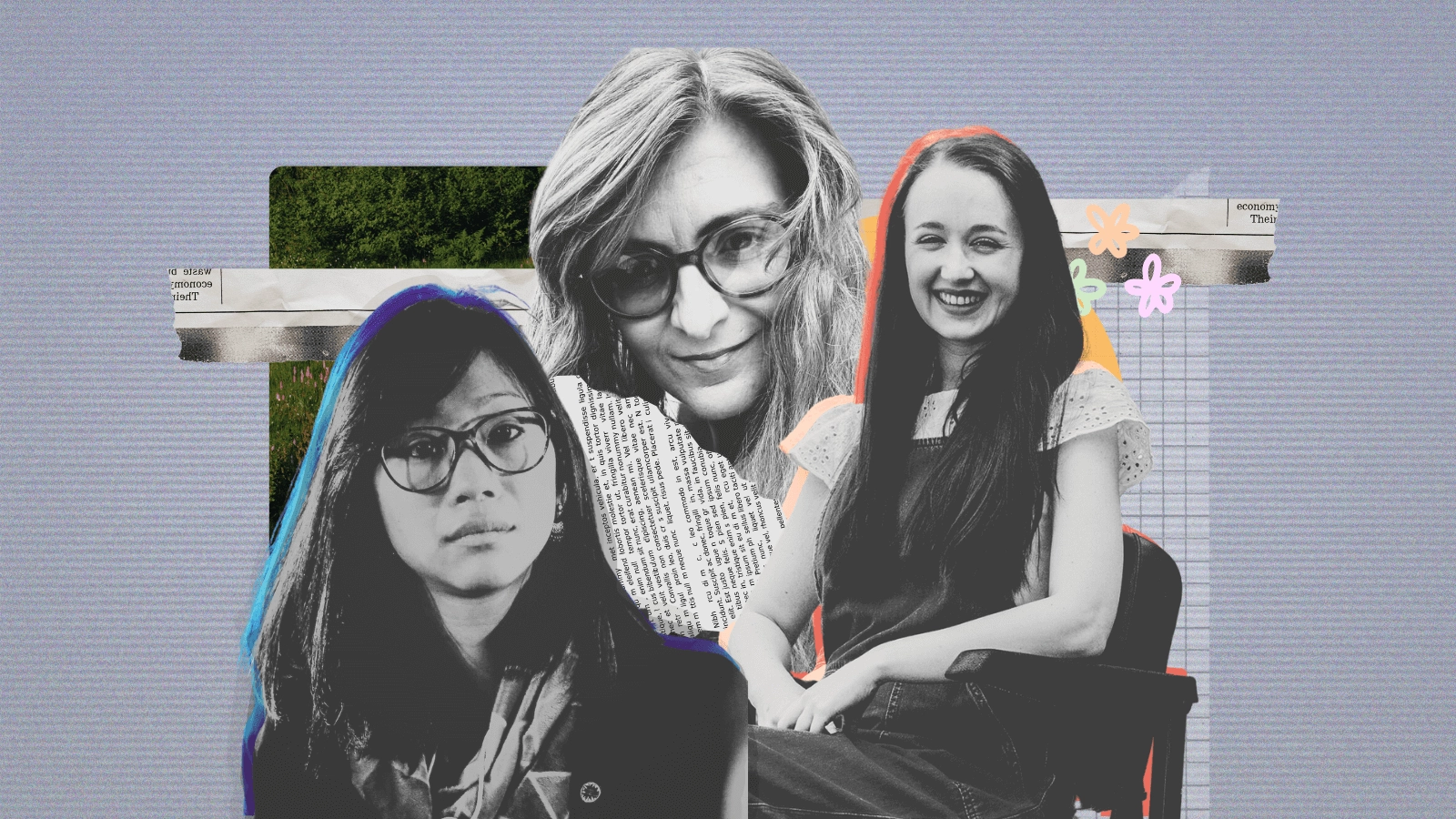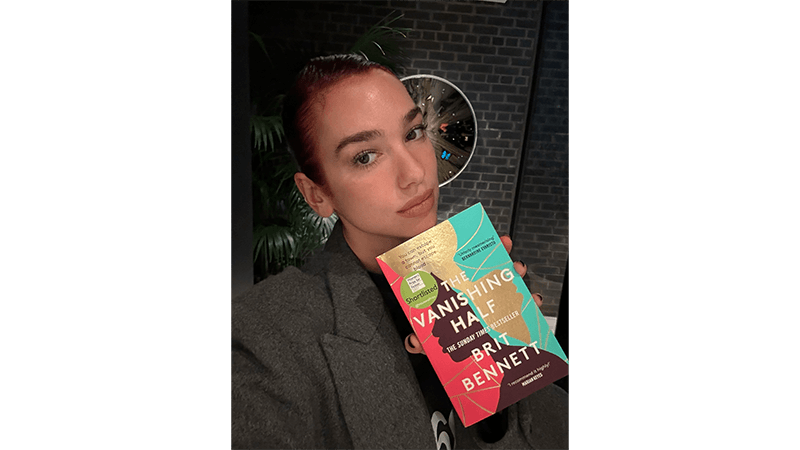The World Of Shuggie Bain: Life In 1980s Glasgow
“Rain was a natural state of Glasgow. It kept the grass green and the people pale and bronchial.” So writes Douglas Stuart in Shuggie Bain, his unflinching and poignant love letter to his hometown, Glasgow. But what was the wider political and social context of life in this proud working-class city at the time?
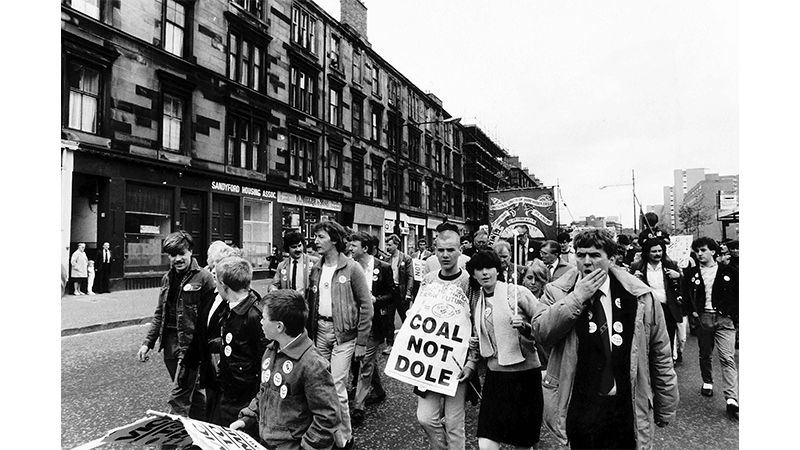
The novel is set between 1981 to 1992, when British prime minister Margaret Thatcher’s right-wing conservatism and union-busting ideology led to the mass closure of traditional industries such as ship building and coal mining. In a city where the industrial and the personal so often bumped up against each other, whole communities were decimated, and tens of thousands of workers were left with no income and no role in society.
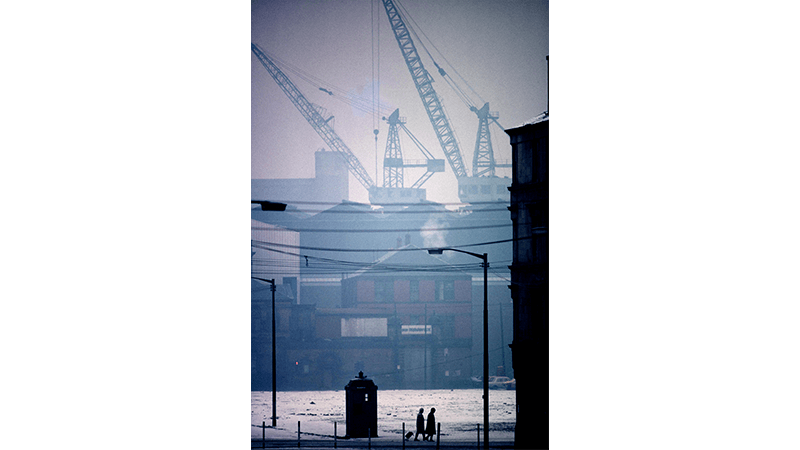
You can see Thatcher’s policies written into the characters’ lives – from Shuggie’s older brother Leek Bain’s YTS (a government initiative that put school leavers into training schemes) to the jobless miners on the Pithead streets with “clean hands, clean donkey jackets, and shiny shoes”. These policies are also etched onto the landscape. Shug, Shuggie’s taxi driver father, contemplates this as he drives across the city: “Glasgow was losing its purpose, and he could see it all clearly from behind the glass. He could feel it in his takings… Industrial days were over, and the bones of the Clyde Shipworks and the Springburn Railworks lay about the city like rotted dinosaurs.” Cities have history written on them, and here Glasgow’s is written into Shuggie Bain.
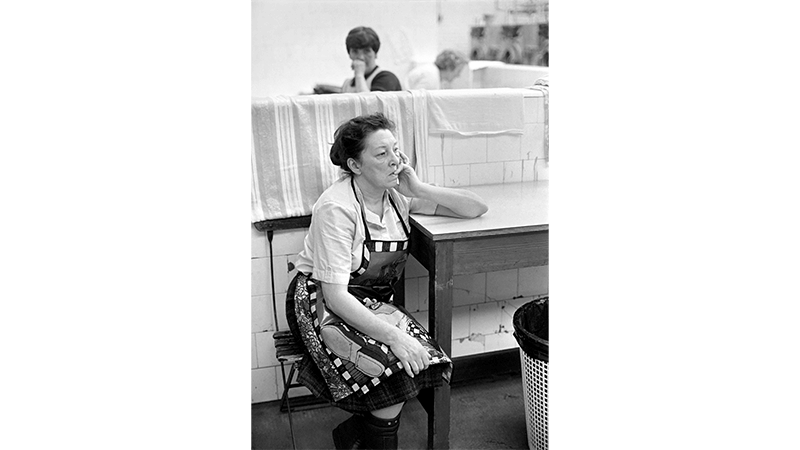
There is and was another Glasgow: that of the LGBTQIA+ community, far from Shuggie’s world of high rises and housing schemes, where he’s told, “Don’t cross your legs when you walk. Try and make room for your cock.”
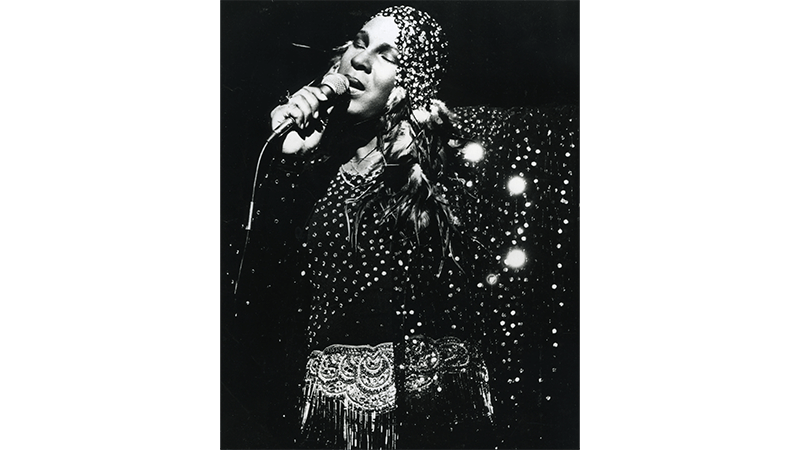
Despite homosexuality remaining a criminal act in Scotland until 1980 – 13 years after it was legalised in England and Wales – there was a thriving community in the city. LGBTQIA+ people still often had to hide their true identities from family, friends and colleagues, yet a safe haven was to be found in pubs and clubs including The Waterloo, the Duke of Wellington and Vintners. At the Waterloo, drag queen Betty Hutton was known for wielding a tin of baked beans in her purse for dealing with difficult punters, alongside her microphone for karaoke nights. Scotland’s longest-running gay club Bennetts opened in 1980 and booked famous American music acts Sylvester and Divine to sing out hits such as You Make Me Feel (Mighty Real) and Shoot Your Shot. These venues were homes, dreamscapes and sites of protest: it’s nice to dream of Shuggie finding his tribe there.
Tiffany Murray is a writer; her novels are Diamond Star Halo, Happy Accidents and Sugar Hall. Her memoir My Family And Other Rock Stars is published by Fleet in 2024

